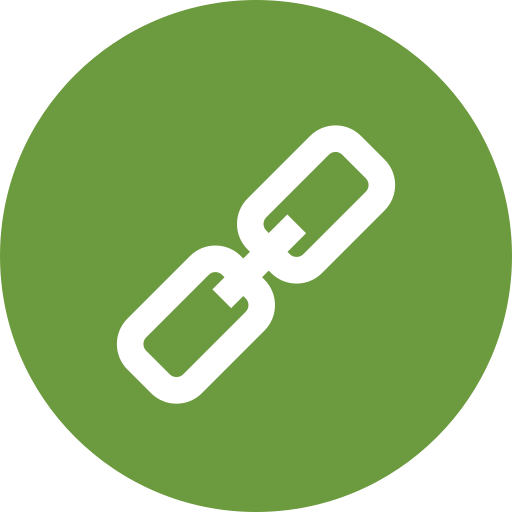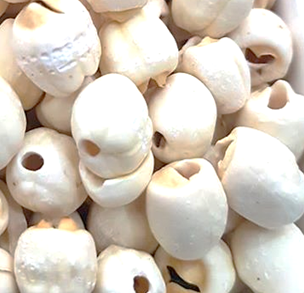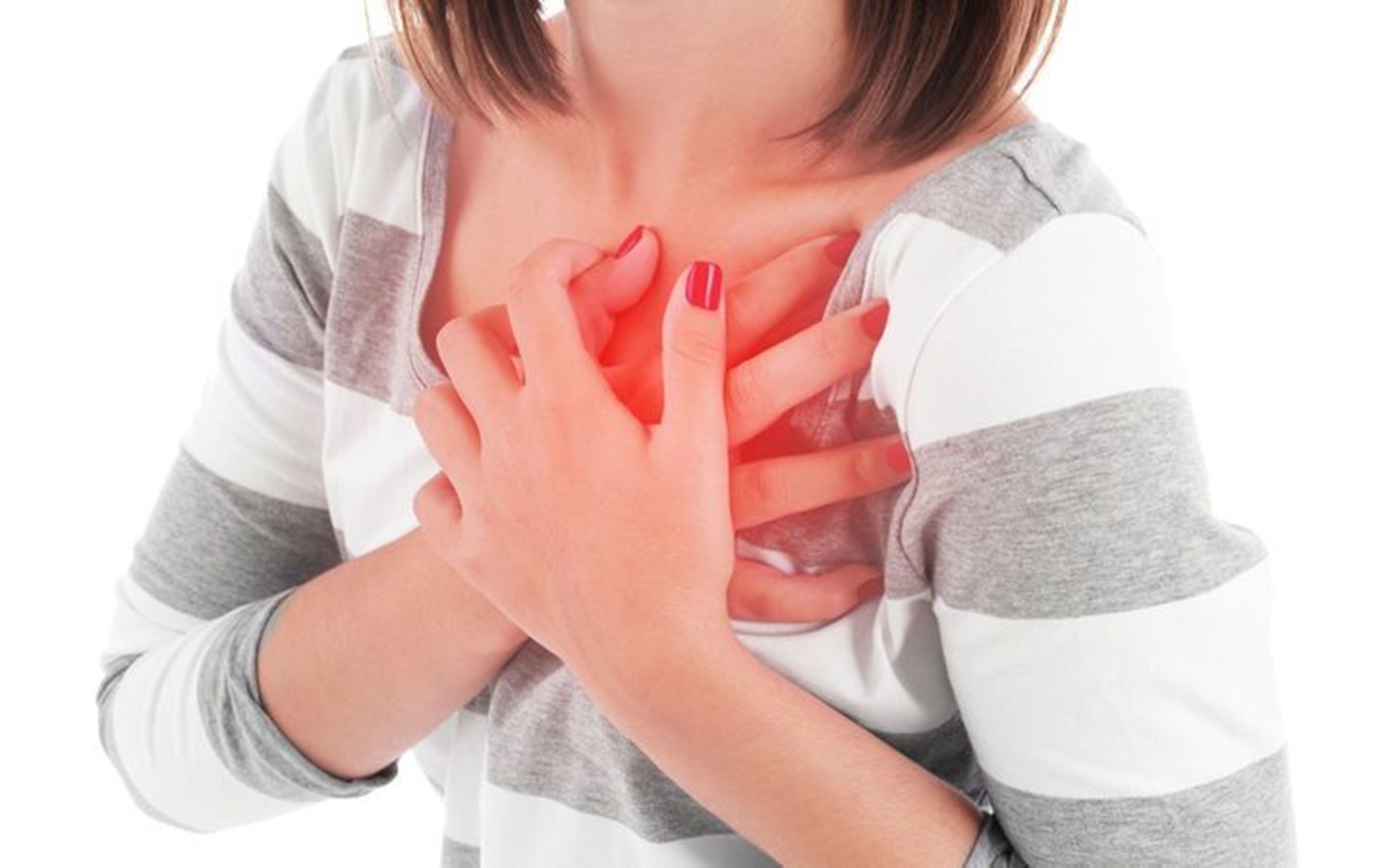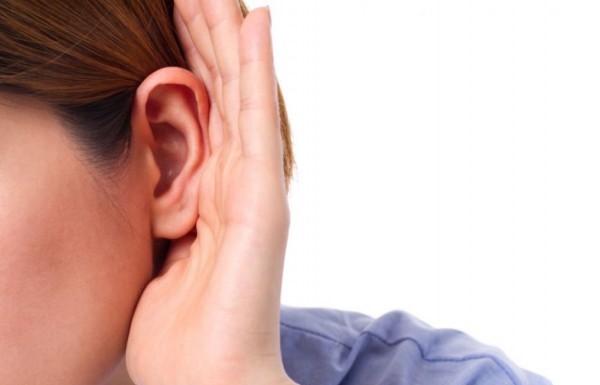| Product name | Per Pill | Savings | Per Pack | Order |
|---|---|---|---|---|
| 30 pills | $2.20 | $66.01 | ADD TO CART | |
| 60 pills | $1.77 | $25.99 | $132.02 $106.03 | ADD TO CART |
| 90 pills | $1.62 | $51.98 | $198.03 $146.05 | ADD TO CART |
| 120 pills | $1.55 | $77.98 | $264.05 $186.07 | ADD TO CART |
| 180 pills | $1.48 | $129.96 | $396.06 $266.10 | ADD TO CART |
| 270 pills | $1.43 | $207.93 | $594.09 $386.16 | ADD TO CART |
| Product name | Per Pill | Savings | Per Pack | Order |
|---|---|---|---|---|
| 30 pills | $1.12 | $33.69 | ADD TO CART | |
| 60 pills | $0.89 | $13.96 | $67.37 $53.41 | ADD TO CART |
| 90 pills | $0.81 | $27.93 | $101.06 $73.13 | ADD TO CART |
| 120 pills | $0.77 | $41.89 | $134.74 $92.85 | ADD TO CART |
| 180 pills | $0.73 | $69.82 | $202.12 $132.30 | ADD TO CART |
| 270 pills | $0.71 | $111.72 | $303.18 $191.46 | ADD TO CART |
| 360 pills | $0.70 | $153.61 | $404.24 $250.63 | ADD TO CART |
| Product name | Per Pill | Savings | Per Pack | Order |
|---|---|---|---|---|
| 30 pills | $0.87 | $25.99 | ADD TO CART | |
| 60 pills | $0.59 | $16.45 | $51.99 $35.54 | ADD TO CART |
| 90 pills | $0.50 | $32.89 | $77.97 $45.08 | ADD TO CART |
| 120 pills | $0.46 | $49.34 | $103.97 $54.63 | ADD TO CART |
| 180 pills | $0.41 | $82.23 | $155.95 $73.72 | ADD TO CART |
| 270 pills | $0.38 | $131.57 | $233.93 $102.36 | ADD TO CART |
| 360 pills | $0.36 | $180.90 | $311.90 $131.00 | ADD TO CART |
High blood pressure, also known as hypertension, is a common condition that affects millions of people worldwide. If left untreated, it can lead to serious health complications, such as heart disease, stroke, and kidney damage. One of the most effective ways to manage high blood pressure is through medication, and Benicar is a popular choice among doctors and patients alike. In this article, we will delve into the world of Benicar, exploring its benefits, side effects, and dosage options, including Benicar 40 mg, 20 mg, and 10 mg.
What is Benicar?
Benicar, also known as olmesartan, is an angiotensin II receptor antagonist (ARB) that helps to lower blood pressure by blocking the action of a natural chemical that narrows blood vessels. By relaxing blood vessels, Benicar allows blood to flow more easily, reducing the strain on the heart and lowering blood pressure. Benicar is available in three different strengths: 10 mg, 20 mg, and 40 mg.
Benefits of Benicar
Benicar has several benefits that make it a popular choice for managing high blood pressure. Some of the benefits include:
- Effective blood pressure reduction: Benicar has been shown to be effective in reducing blood pressure in patients with hypertension.
- Improved cardiovascular health: By lowering blood pressure, Benicar can help to reduce the risk of cardiovascular disease, including heart attack, stroke, and kidney damage.
- Convenient dosing: Benicar is available in a once-daily dosage, making it easy to incorporate into your daily routine.
- Low risk of side effects: Benicar is generally well-tolerated, with a low risk of side effects compared to other blood pressure medications.
Side Effects of Benicar
While Benicar is generally well-tolerated, it can cause some side effects in some patients. Some common side effects include:
- Dizziness: Benicar can cause dizziness or lightheadedness, especially when standing up quickly.
- Headache: Some patients may experience headaches or migraines while taking Benicar.
- Fatigue: Benicar can cause fatigue or tiredness, especially when first starting the medication.
- Stomach problems: Benicar can cause stomach problems, such as diarrhea or stomach pain.
Dosage Options: Benicar 40 mg, 20 mg, and 10 mg
Benicar is available in three different strengths: 10 mg, 20 mg, and 40 mg. The dosage and strength of Benicar will depend on the individual patient's needs and medical history. Here is a table summarizing the different dosage options:
| Dosage | Strength | Description |
|---|---|---|
| Benicar 10 mg | 10 mg | For patients with mild hypertension or those who are sensitive to medication. |
| Benicar 20 mg | 20 mg | For patients with moderate hypertension or those who require a higher dose. |
| Benicar 40 mg | 40 mg | For patients with severe hypertension or those who require a maximum dose. |
How to Order Benicar
If you are interested in ordering Benicar, there are several options available. You can:
- Order Benicar online: Many online pharmacies offer Benicar at a discounted price. You can buy Benicar 20 mg free shipping or order Benicar 10 mg online.
- Buy Benicar at a local pharmacy: You can also buy Benicar 40 mg or purchase Benicar 10 mg with visa at a local pharmacy.
- Order Benicar with Amex: Some pharmacies offer the option to order Benicar Amex or buy Benicar with mastercard.
Discounts and Savings
If you are looking for ways to save money on Benicar, there are several options available. You can:
- Purchase cheapest Benicar: Look for online pharmacies that offer discount Benicar 10 mg or cheap Benicar 40 mg.
- Use a coupon: Some pharmacies offer coupons or discounts for Benicar.
- Buy generic Benicar: Generic Benicar 20 mg or generic Benicar 40 mg may be available at a lower cost than the brand-name version.
Conclusion
Benicar is a effective medication for managing high blood pressure. With its convenient dosing and low risk of side effects, it is a popular choice among doctors and patients alike. Whether you are looking for Benicar 40 mg, 20 mg, or 10 mg, there are several options available for ordering and purchasing this medication. By following the tips outlined in this article, you can find a affordable and convenient way to manage your high blood pressure with Benicar.
Here are some additional tips for managing high blood pressure:
- Monitor your blood pressure regularly: Keep track of your blood pressure readings to ensure that your medication is working effectively.
- Make lifestyle changes: In addition to taking medication, make lifestyle changes such as eating a healthy diet, exercising regularly, and reducing stress to help manage your blood pressure.
- Talk to your doctor: If you have any questions or concerns about Benicar or your blood pressure, talk to your doctor. They can provide you with personalized advice and guidance.
By working with your doctor and making lifestyle changes, you can effectively manage your high blood pressure with Benicar. Remember to always follow the instructions provided by your doctor and to order Benicar from a reputable pharmacy to ensure that you receive a high-quality medication.
Understanding High Blood Pressure in Adults: Causes, Symptoms, and Management
High blood pressure, also known as hypertension, is a common health condition that affects millions of adults worldwide. It is a major risk factor for cardiovascular disease, kidney disease, and stroke, making it a significant public health concern. In this article, we will delve into the causes, symptoms, and management of high blood pressure in adults, highlighting the importance of early detection and treatment.
What is High Blood Pressure?
High blood pressure is a condition in which the force of blood against the walls of the arteries is too high. Blood pressure is measured in millimeters of mercury (mmHg) and is expressed as two numbers: systolic pressure (the top number) and diastolic pressure (the bottom number). A normal blood pressure reading is typically around 120/80 mmHg. High blood pressure is defined as a reading of 140/90 mmHg or higher.
Causes of High Blood Pressure
There are several factors that can contribute to the development of high blood pressure in adults. Some of the main causes include:
- Genetics: Family history can play a significant role in the development of high blood pressure. If your parents or grandparents had high blood pressure, you are more likely to develop it as well.
- Age: Blood pressure tends to increase with age, with most people experiencing a rise in blood pressure after the age of 40.
- Obesity: Being overweight or obese can increase your risk of developing high blood pressure.
- Physical inactivity: A sedentary lifestyle can contribute to high blood pressure.
- Smoking: Smoking can damage the blood vessels and increase blood pressure.
- Diet: A diet high in sodium, sugar, and saturated fat can contribute to high blood pressure.
- Stress: Chronic stress can raise blood pressure.
- Certain medical conditions: Certain medical conditions, such as kidney disease, sleep apnea, and thyroid disorders, can increase the risk of developing high blood pressure.
Symptoms of High Blood Pressure
High blood pressure often has no symptoms, which is why it is often referred to as the "silent killer." However, some people may experience:
- Headaches: Frequent or severe headaches can be a sign of high blood pressure.
- Dizziness: Dizziness or lightheadedness can occur when blood pressure is high.
- Nosebleeds: Frequent nosebleeds can be a sign of high blood pressure.
- Vision changes: Blurred vision or double vision can occur when blood pressure is high.
- Chest pain: Chest pain or discomfort can be a sign of high blood pressure.
Table 1: Blood Pressure Categories
| Category | Systolic Pressure | Diastolic Pressure |
|---|---|---|
| Normal | Less than 120 | Less than 80 |
| Elevated | 120-129 | Less than 80 |
| Stage 1 Hypertension | 130-139 | 80-89 |
| Stage 2 Hypertension | 140 or higher | 90 or higher |
Diagnosis and Treatment
Diagnosing high blood pressure typically involves taking multiple blood pressure readings over a period of time. If your blood pressure is high, your doctor may recommend lifestyle changes, such as:
- Exercise: Regular physical activity can help lower blood pressure.
- Diet: Eating a healthy, balanced diet that is low in sodium and sugar can help lower blood pressure.
- Weight loss: Losing weight can help lower blood pressure.
- Stress reduction: Practicing stress-reducing techniques, such as meditation or deep breathing, can help lower blood pressure.
- Medication: If lifestyle changes are not enough to lower blood pressure, your doctor may prescribe medication.
Management of High Blood Pressure
Managing high blood pressure requires a long-term commitment to healthy lifestyle habits. Here are some tips to help you manage your blood pressure:
- Monitor your blood pressure: Regularly monitoring your blood pressure can help you track your progress and make adjustments to your treatment plan as needed.
- Take your medication: If you are prescribed medication, take it as directed by your doctor.
- Stay hydrated: Drinking plenty of water can help lower blood pressure.
- Get enough sleep: Getting enough sleep can help lower blood pressure.
- Manage stress: Practicing stress-reducing techniques, such as meditation or deep breathing, can help lower blood pressure.
Complications of High Blood Pressure
If left untreated, high blood pressure can lead to serious complications, including:
- Heart disease: High blood pressure can increase the risk of heart disease, including heart attacks, strokes, and heart failure.
- Kidney disease: High blood pressure can damage the kidneys and increase the risk of kidney disease.
- Vision loss: High blood pressure can damage the blood vessels in the eyes and increase the risk of vision loss.
- Cognitive decline: High blood pressure can increase the risk of cognitive decline and dementia.
Prevention of High Blood Pressure
Preventing high blood pressure requires a commitment to healthy lifestyle habits. Here are some tips to help you prevent high blood pressure:
- Eat a healthy diet: Eating a healthy, balanced diet that is low in sodium and sugar can help prevent high blood pressure.
- Exercise regularly: Regular physical activity can help prevent high blood pressure.
- Maintain a healthy weight: Maintaining a healthy weight can help prevent high blood pressure.
- Don't smoke: Smoking can increase the risk of high blood pressure.
- Limit alcohol consumption: Excessive alcohol consumption can increase the risk of high blood pressure.
List of Foods that Can Help Lower Blood Pressure
Here are some foods that can help lower blood pressure:
- Leafy greens: Leafy greens, such as spinach and kale, are rich in potassium and can help lower blood pressure.
- Berries: Berries, such as blueberries and strawberries, are rich in antioxidants and can help lower blood pressure.
- Fatty fish: Fatty fish, such as salmon and tuna, are rich in omega-3 fatty acids and can help lower blood pressure.
- Olive oil: Olive oil is rich in monounsaturated fats and can help lower blood pressure.
- Whole grains: Whole grains, such as brown rice and quinoa, are rich in fiber and can help lower blood pressure.
List of Foods that Can Increase Blood Pressure
Here are some foods that can increase blood pressure:
- Sodium-rich foods: Foods high in sodium, such as processed meats and canned soups, can increase blood pressure.
- Sugar-rich foods: Foods high in sugar, such as candy and baked goods, can increase blood pressure.
- Saturated fat-rich foods: Foods high in saturated fat, such as red meat and full-fat dairy products, can increase blood pressure.
- Caffeine-rich foods: Foods high in caffeine, such as coffee and energy drinks, can increase blood pressure.
- Alcohol: Excessive alcohol consumption can increase blood pressure.
In conclusion, high blood pressure is a common health condition that affects millions of adults worldwide. It is a major risk factor for cardiovascular disease, kidney disease, and stroke, making it a significant public health concern. By understanding the causes, symptoms, and management of high blood pressure, adults can take steps to prevent and treat this condition. By making healthy lifestyle choices, such as eating a healthy diet, exercising regularly, and managing stress, adults can lower their risk of developing high blood pressure and reduce their risk of complications.
























